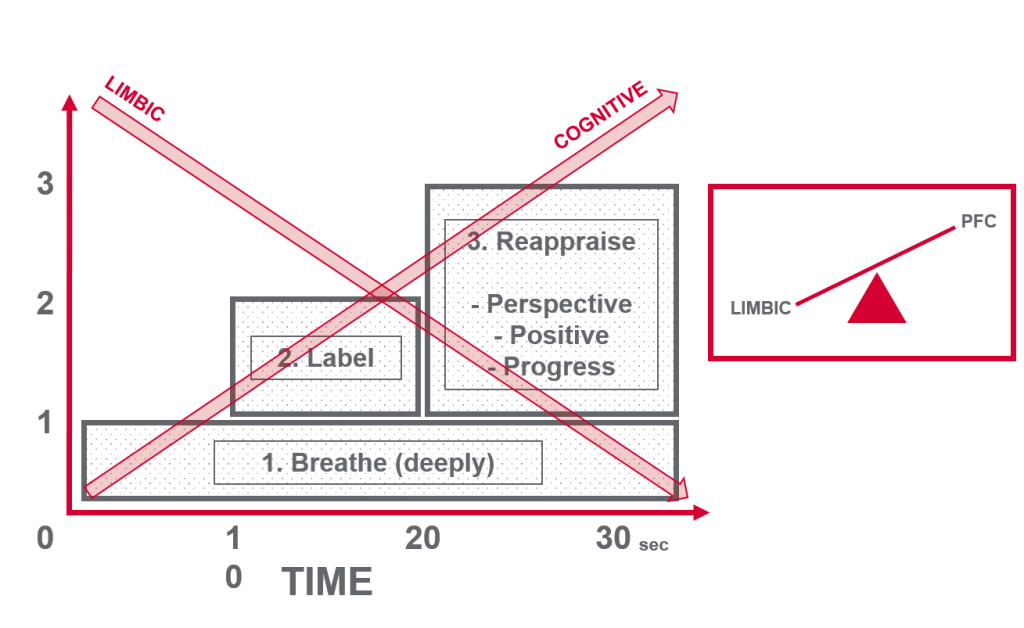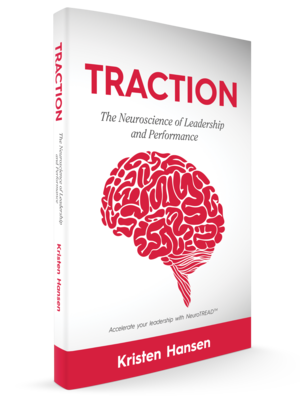Resilience & Wellbeing
Resilience Training

Resilience
Research has shown that resilience is “the single most important factor in determining whether a person is successful, satisfied and happy” (Shatt, 2008, The Resilience Factor).
Resilience can be defined as “the positive capacity to cope with stress or adversity”.
Resilience in the workplace is usually associated with the employee’s ability to cope with the various challenges in the workplace: organisational change, information overload,restructures, downsizing, mergers, increased workload, reduction of resources, learning new technology, budget pressures or deadlines.
THE CHALLENGE
- Staff shortages and coping with additional workload
- Managing stress, motivation levels and information overload
- Workplace bullying
- Frequent restructuring
- Occupational health and safety issues
- Health issues

KEY SOLUTIONS & OUTCOMES
- Learn how emotion and our thinking interact and how to avoid poor decision-making and responding inappropriately when things frustrate or annoy you (in the workplace and at home)
- Handle emotion and stress more effectively with a 30 second circuit breaker to reset you back to neutral or a positive mindset
- Learn bounce back/ resilience strategies to deal with threats/stress in the moment as well as more holistically to ensure the approach to resilience is balanced
- Understand the role resilience plays today in your success as an executive as well as holistically in your broader life
- Gain knowledge of the role that diet, sleep and exercise play in resilience as well as how to make the best of each to maximise your day
- Build resilience in the workplace using reappraisal techniques.
- Utilise reappraisal strategies as well as understanding the change curve to ensure the regular change or ambiguity is dealt with in a positive way.
- Learn mindfulness techniques that are simple and easy to incorporate into busy schedules and understand how your brain changes positively with this practice
RESILIENCE TESTIMONIALS

I would just like to thank you for delivering neuroscience based courses as part of the Ambulance Service Executive Development Program. These courses have allowed me to understand how I react to different situations in the work place and given me a greater awareness of my staff’s non-verbal clues to situations at work. I have used this training with great success when dealing with staff conflict situations and my day to day work practices to deal with stressful workloads. It has allowed me to plan my days better to ensure the work balance does not become overwhelming. These courses have also made it easier when acting up in Deputy Director roles as my interpersonal skills have improved by better understanding of how cognitively I react and deal with different situations. My staff have given me positive feedback on the positive way I deal with conflict and other situations in a positive and inclusive manner.
– David Koop
State Manager
Health Emergency Response Capability and Countermeasure
NSW Health Emergency Management Unit, Office of the State HSFAC

I wanted to take the opportunity to provide you with some feedback on the recent workshop you ran at our Station Officers Conference. I had always felt that when confronted with a stressful or difficult situation that it was always best to think before responding. The neuroleadership workshops not only supported this intuition but gave me the science and underpinning knowledge on how to utilise that instinct to achieve the best outcome, for both myself and others. Neuroleadership TREAD and the Thinking and Regulate/ Resilience component was what resonated most with me and the rest of my team. Realising and everyone did, why the Amygdala has such an impact on people’s responses and the overpowering influences it has on the Pre-Frontal Cortex. The simple explanations and examples resonated with everyone and they became aware of why some people respond the way they do in particular situations.
– Wayne McKenna,
Superintendent, Zone Manager,
North Coast Sector
Ambulance Service NSW

The presentation on the neuroscience of resilience and emotional intelligence was a powerful experience for my sales team. You got them thinking about how they can be more resilient, effective and connected with their customers – great result
– Justin Melton
General Manager Sales & Marketing
Rocken

Thanks again for your session on Personal Performance, Resilience and Influence. The feedback was great. They all got a lot out of it & I found they were very engaged throughout the programme.
– Jason Chan
Commercial Manager
Personal Performance, Resilience and Influence

I was very fortunate to be trained by Kristen as her knowledge of resilience and coaching through neuroscience-based methodologies is outstanding. Kristen has a remarkable way of explaining complex theory in a way which makes it real and understandable
– Lina Di Prisa
Human Resources Business Partner
SunCrop

I am pleased to voice my appreciation for the services of Kristen Hansen and her team at EnHansen Performance. As a provided of trade services to the Mining, Transport and Construction Industry we have a team of experienced technicians that have greatly benefited from Kristen’s technical approach. Through clear explanations and interaction, our team of floor up Supervisors and Leading Hands were able to grasp, joke, identify their own and others strengths and weaknesses from a neuroscience point of view. EnHansen Workshops and Coaching has delivered understanding results to areas of conflict, identification of triggers and ability to increase teamwork and improve client relations.
– Rusty Russell
Managing Director
Double R Heavy Equipment Repairs

I attended a one day training session presented by EnHansen Performance. It included strong links to our values and behaviours, and wider development programs, including how the brain works so we can better understand ourselves, our behaviour and motivate the people we work with
– Cuneyt Oter
National Demand Planning Manager
CCA COCA-COLA AMATIL

EnHansen Performance “Resilience and Change” course was very interesting, informative and useful. The training has encouraged us to learn how to adapt to change and what tools we can use to influence positive change in others and has given few light-bulb moments about ways to strengthen resilience. The quality of the training has been fantastic and our staff is really engaging with the trainer and getting something out of it. Thank you! “
– Joanne Fung
Senior Manager
BT Financial
Resilience Training is Derived from the NeuroTREAD™ framework. Think, Regulate, Engage, Adapt and Develop with the brain in mind.

- Are your managers technical experts but not leading and developing your staff?
- Are your executives overwhelmed and stretched facing significant change and expectation?
- Are your sales advisors not connecting and converting?
How to Think, Regulate, Engage, Adapt & Develop with the brain in mind.
Key programs include:
Manager to Leader in 90 days
Leading through change
Coaching for Performance
Resilience
– Understand the anatomy of “thinking”, cognitive capacity, influences, the limitations of and ability to renew our thinking capacity
– Understand the brain’s overarching principle of safety and how that impacts everything
– Leaders will learn how to have clearer thinking, the impacts of multi-tasking, ability to have more “insights” and creative solutions to complex problems
– Leaders will understand the link between our emotions and thinking capabilities.
– Regulate emotions and manage stress more effectively
– Understand the impact of mental, physical and social strategies to regulate emotions and improve thinking when in stressful, overloaded or negative situations
– Understand how mindfulness improves thinking, emotion regulation and increases the functionality and flexibility in thinking. Learn simple, quick and effective mindfulness techniques that you can do anywhere, anytime and in a short space of time.
– Learn how to use “brain breaks” to renew cognitive capacity and creative thinking
– Understand the social brain and why it’s so important
– Understand the social motivators in the brain and those most likely to send us into “threat” and “reward”
– Leaders will learn more about their own social motivators and how they differ from others
– Leaders will learn how to adapt their communication and style to influence and collaborate with others more effectively
– Finally, leaders will understand the neural basis of emotion contagion: how their mood and emotions impact others and how to create a strong positive leadership culture
– Why is change so challenging, yet understand our brain is wired for change
– Understand processes to make changes in your thinking, emotions and behaviours
– Understand habit formation and how to create new healthier, productive habits
– Understand the brain’s challenge with change and steps to overcome this
– How to help others accept and embrace change
– Develop focusses on the neuroscience of brain-based coaching models
– Why is “coaching” so effective in helping others change and how it can be more effective
– How to set and achieve goals using the full capability of the brain (both left and right hemispheres)
– Learn how to enhance people’s thinking so they are able to solve problems using their conscious and non-conscious processing
– Learn how to provide feedback that is non-threatening and more empowering


